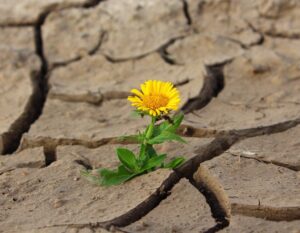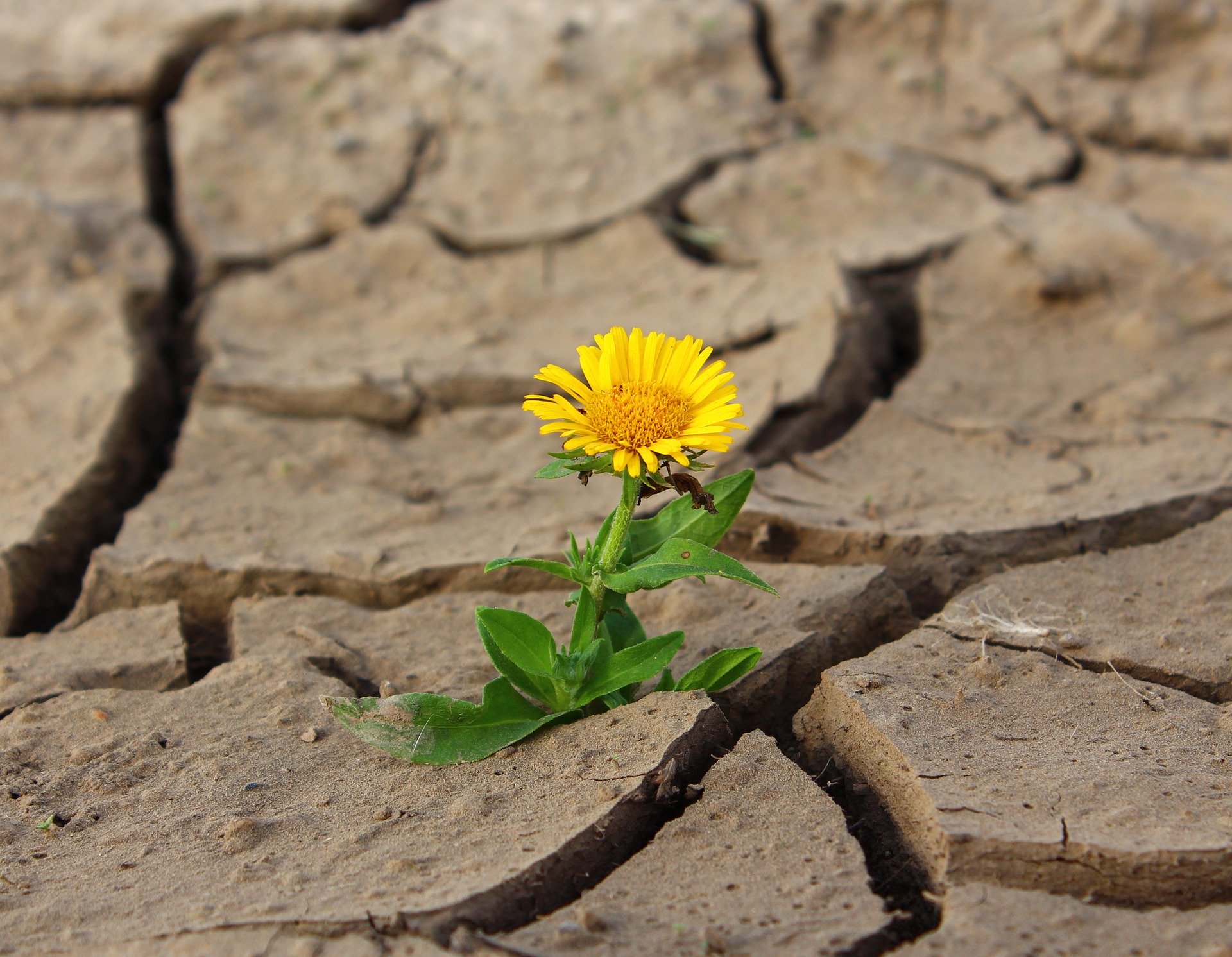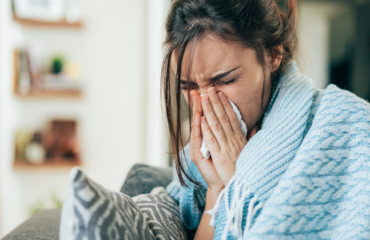
Heat Illnesses
The primary cause of heat illnesses like heat exhaustion and heat stroke is when your body is unable to cool itself. Our bodies use sweat as the main way to bring our body temperature down. However, if we over-exercise or strain ourselves is a hot or humid environment, our bodies may not be able to produce enough sweat to keep us cool enough to function correctly.
Heat Exhaustion
When this happens, you may experience heat exhaustion. Symptoms of heat exhaustion include:
- general weakness
- muscle cramps
- heavy sweating
- increased heart rate
- weak pulse
- headache
- excessive thirst
- nausea or vomiting
- dizziness or fainting
- pale, cold, or clammy skin
It is imperative to address heat exhaustion as quickly as possible before it causes heat stroke.
Heat Stroke
Heat stroke occurs when your body overheats to the point of 104°F. Heat stroke occurs quickly and requires immediate medical treatment. If it is not treated, it can damage the brain, kidneys, heart, and muscles and possibly cause death if not treated. The symptoms of heat stroke are more severe than heat exhaustion; they include the signs of heat exhaustion and:
- Body temperature of 103°F and above
- Rapid pulse and heart rate
- Altered mental state or behavior
- Loss of consciousness
- Hot, red, dry, or moist skin
Prevent Heat Illnesses
If you, or someone you know, is experiencing these symptoms, you need to cool them down immediately. Move them into the shade or indoors, remove excess clothing, and cool them down. Options include placing them into cool water, spraying them cool water from a shower or hose, fanning them while misting with cool water, or placing ice packs or wet towels on the person’s head, neck, armpits, and groin.
The best way to avoid heat illnesses is to prevent them before they happen. Here are a few prevention steps that you can take:
Drink Water
Drink plenty of fluids, especially water. Remember that your body will be sweating to keep you cool, so you will have to drink more fluids than average to replenish your body’s reservoir. In addition, keep in mind that alcohol is a diuretic, meaning that you will become dehydrated faster. If drinking alcohol, make sure to drink plenty of non-alcoholic fluids in-between.
Proper Clothing
Wear loose-fitting, lightweight clothing so that your body gets airflow and can cool easier.
Wear Sunscreen
When you are sunburned, it affects how your body can regulate temperature. Make sure to wear sunscreen or wear protective clothing to prevent getting sunburnt.
Relax
During the hottest parts of the day, avoid strenuous work or exercise as it might be too much for your body to handle.
Acclimate
If you are traveling or recently moved to a hot location, your body will need time to acclimate to the new weather. It can take several weeks to do so, so take precautions until your body has adjusted.
Be Aware of Risks
If you are at an increased risk of heat illnesses, be aware and speak with a medical professional on how you can take precautions. Those at higher risk include the elderly, young children, women who are pregnant, those with obesity, those taking certain medications, and those with mandatory responsibilities that require strenuous activity in the heat.





